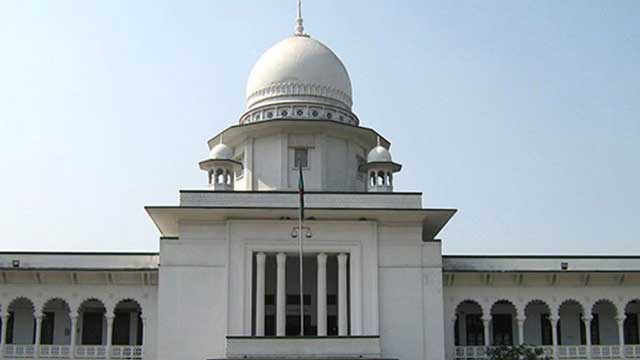The High Court today directed the government to send 157 foreign citizens, who have been languishing in prisons of Bangladesh even after expiry of their jail sentences, back to their own countries.
The foreign affairs secretary, home affairs secretary and inspector general of prisons have been ordered to comply with the directive.
The HC also set May 28 for passing further order on the issue, writ petitioner advocate Bivuti Tarofder told The Daily Star.
The HC bench of Justice Naima Haider and Justice Kazi Zinat Hoque delivered the verdict after going through a report on the detainees, that was submitted by the office of the inspector general of prisons on January 21.
Of the detained foreign nationals, 150 are from India, five from Myanmar, and one each from Pakistan and Nepal, the report said.
According to the report, Md Sajjad Hossain, a 45-year-old resident of Tripura, India, finds himself in a Bangladesh prison for nearly two decades, despite completing his initial jail sentence.
On November 6, 2003, the First-Class Magistrate of Cognizance Court in Khagrachhari sentenced Sajjad to six months' imprisonment and fined him Tk 500 in a case filed under the Bangladesh Control of Entry Act, 1952.
His jail sentence was effective from March 14, 2003 and ended on September 28, 2003. But he is still languishing behind bars in a Feni jail for unknown reasons.
This is the story of one man, but it echoes the plight of 156 others -- serving time in Bangladeshi prisons long after their sentences ended, according to the report.
The court had earlier sought the report in response to the writ petition filed by Supreme Court lawyer Bivuti Tarofder, challenging the government officials' inaction in releasing and repatriating Govinda Uriya to India's Tripura from Bangladesh upon completion of his jail term for illegal entry.
Deputy Attorney General Amit Das Gupta represented the state during hearing of the petition.





